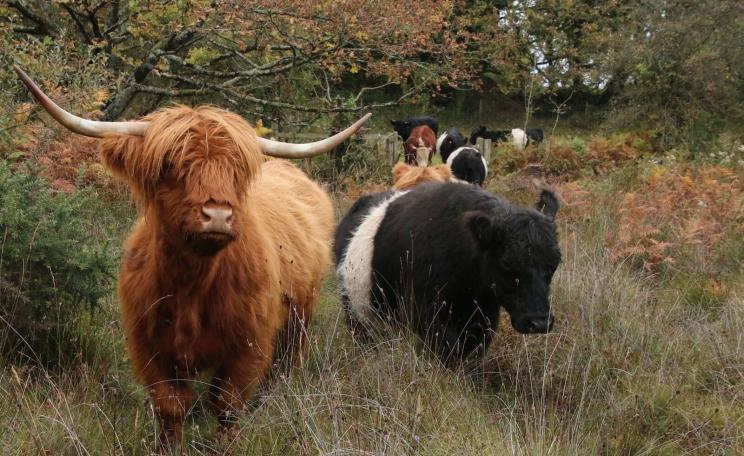Basically it’s up to the government to say if it thinks the trade bill has met good standards on agrifood products.
The impact of trade agreements on food standards, animal welfare and the environment will have to be reported to Parliament after the government made a concession to prevent a rebellion from some of its own MPs.
The Agriculture Bill will bring in legislation to replace EU legislation on farming once the transition period with the EU is over at the end of this year. Environmental campaigners and farmers fear that the legislation will result in imports of food that are produced under lower standards than those UK farmers have to meet.
The two Houses of Parliament have been unable to agree on the issue. The government has insisted that standards will be maintained, but has resisted several attempts to put its promises into legislation.
Impacts
Last month, the House of Lords backed an amendment aimed at ensuring agricultural and food imports meet equivalent benchmarks as British producers, including on animal welfare, environmental protection and food safety.
However, this week, the House of Commons rejected the amendment after the government instead proposed to create a new duty for the secretary of state to report to Parliament the impact of trade agreements on food standards, animal welfare and the environment.
Martin Lines, UK chair of the Nature Friendly Farming Network, said: “The UK’s world-leading and high-quality standards needed to be enshrined in law, to provide certainty to farmers and improve the environment. Without this promise, delivering a climate and nature-friendly future will be a challenge.”
James Woodward, sustainable farming officer at Sustain, said: “There’s very weak wording that they have to consult with experts, but basically it’s up to the government to say if it thinks the trade bill has met good standards on agrifood products.” In any case, Parliament does not have a say on amending or blocking trade deals, he added.
But WWF was more supportive of the government’s change, saying that although the amendment would have resulted in a much higher level of scrutiny, the government’s concession was a “step in the right direction”.
Trade
Katie White, the organisation’s executive director of advocacy and campaigns, said: “While we’ve avoided a race to the bottom for now we still need better safeguards to make sure the food we produce and import isn’t destroying the planet we all rely on and raising the risk of future pandemic diseases.”
The government also committed to amend the trade bill to place the Trade and Agriculture Commission, which advises government on the impact of trade policy, on a statutory footing.
However, campaigners want the commission to have a more representative membership including experts on consumer rights, public health, environment and animal welfare experts. Existing commissioners mainly represent the farming and retail sectors.
The Bill will return to the House of Lords next week.
This Author
Catherine Early is a freelance environmental journalist and chief reporter for the Ecologist. She tweets at @Cat_Early76.







